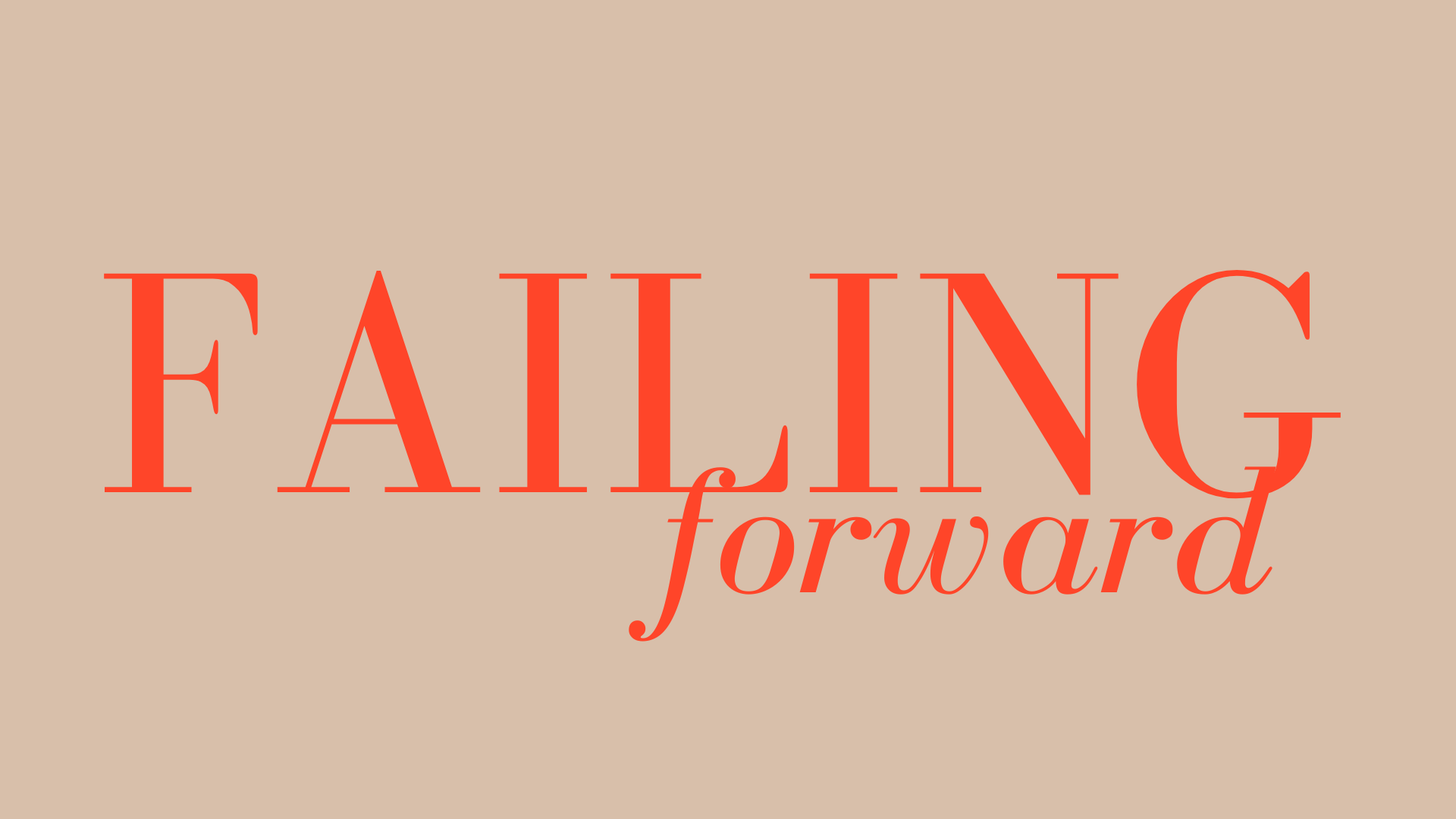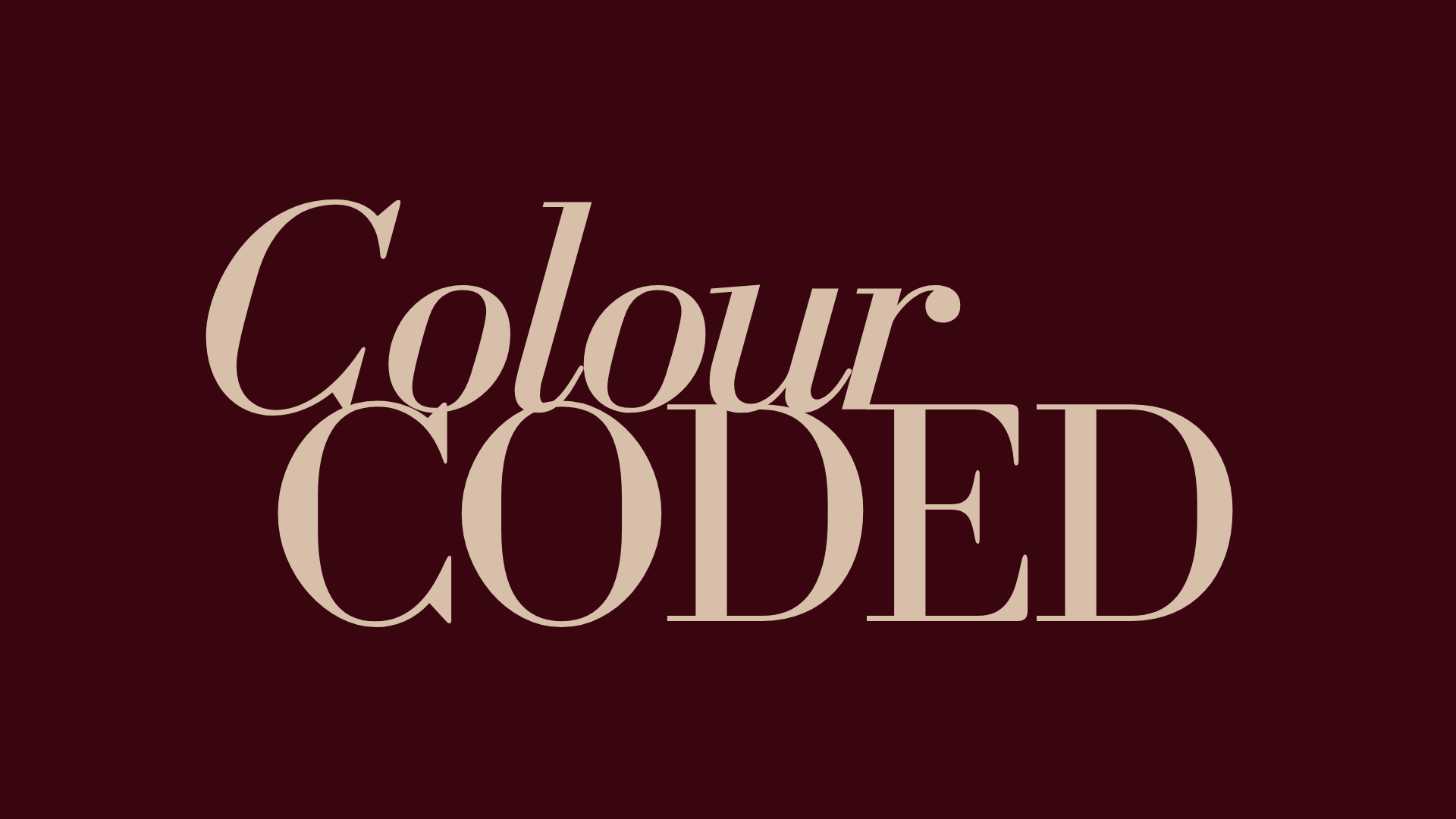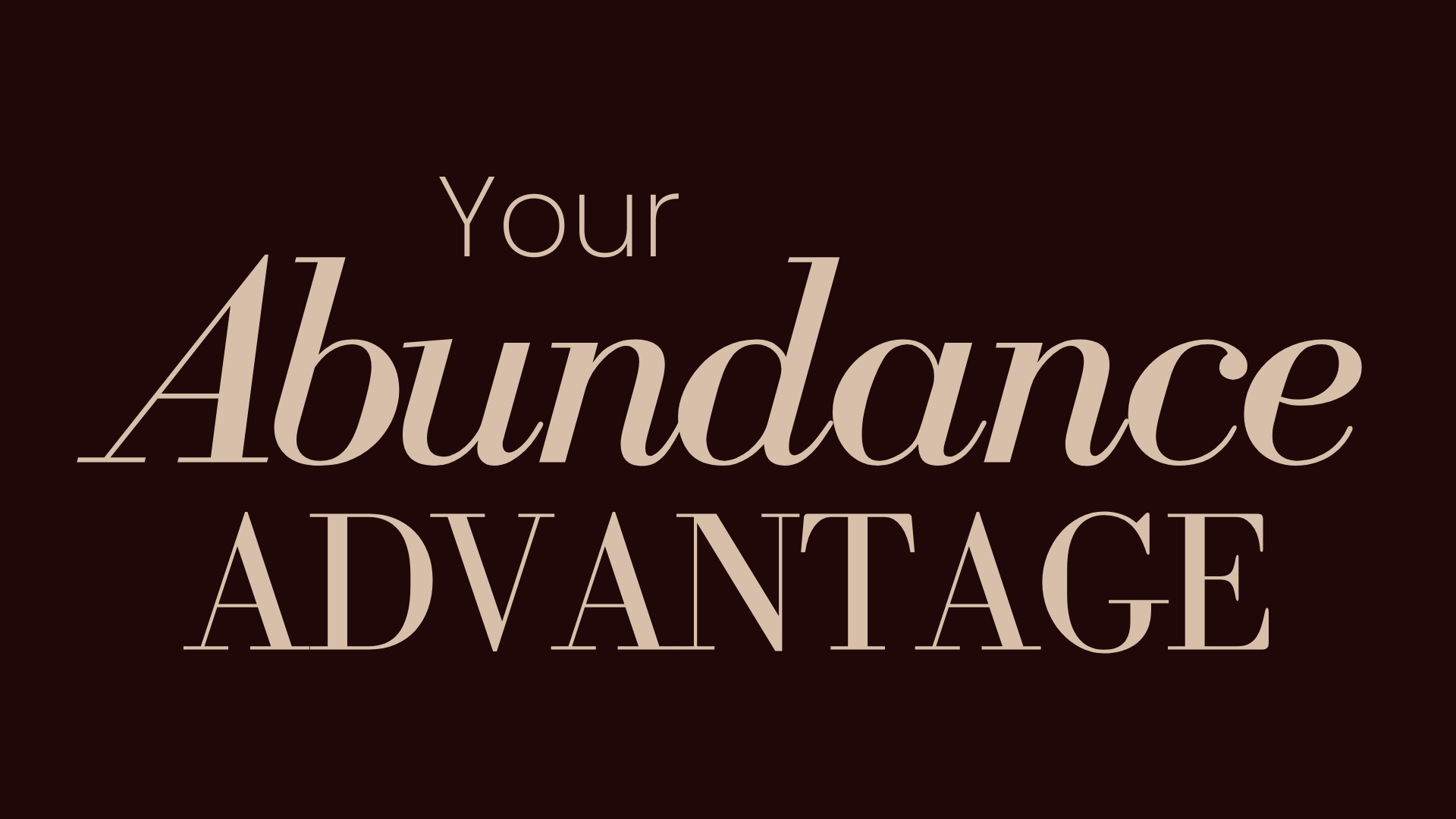Why your resume sounds weak & is selling your personal brand short
Your resume isn’t a list; it’s a professional pitch. Turn a flat, forgettable resume into a noteworthy reflection of your personal brand. Get the interview and build your confidence going in.
I was about 10+ years into my marketing and communications career before I finally realised that a really great resume is much more marketing than I initially appreciated. A few pages can either convert to an interview and potentially life-changing opportunity to secure your dream job. Or, those same pages, if not executed well, could cause your talent to be easily overlooked.
You may have poured your time into your resume, and it might look polished, but does it sound strong? Stop underselling your brilliance. Write a standout resume that elevates your value, tone and has recruiters dialling your number next.
1. Your resume lacks a personal voice
Does your resume read like a job description or robotic AI copy? Or, does it sound personal? Do you communicate like only your unique background, skills and experience could be the perfect fit for the opportunity on offer? Do you confidently convey that only you could have had the impact you had throughout your career history?
Infuse a first-person tone of voice through key sections of your resume to personalise the power of your resume to your personal brand.
Traditional resumes were once more closely aligned to first-person implied conventions. However, with the rise of personal branding and platforms like LinkedIn, personal storytelling in professional branding is now the norm. While still prioritising being succinct and professional, add a first-person voice to these key sections of your resume:
Value proposition
Role blurbs
2. You’re using passive language
When you speak in a passive versus an active voice, you dilute the strength of your voice. Studies show that people who use an active voice over a passive voice sound more confident. An active voice is more direct and in control. The key difference lies in who performs the action. With an active voice, the subject performs the action. For example:
“I streamlined the process to enhance efficiency.”
This is unlike a passive voice, where the object of the action becomes the subject. For example:
“The process was streamlined to enhance efficiency.”
Adopt action-oriented verbs, in the past tense, whenever appropriate, for the start of each highlight in your resume. This is a great first step in overcoming pesky passive voice issues.
If you’re not confident in how to write with an active versus passive voice, try the free Hemingway App website. Copy and paste your content into the homepage. This will show where your passive “weak” voice is.
Master the active voice to convey confident capabilities for your dream job.
3. You aren’t convincing anyone
Write your resume like you're preparing a pitch and report wrapped up in one. Vague substantiated claims won’t land you a spot on an interview shortlist. Back up your statements at every opportunity. Include clear call-outs to the skills prioritised in the job description. Show evidence to support your statements, highlighting results and outcomes, e.g:
What was the percentage growth?
What was the growth value?
What was the cost saving?
Who were the key stakeholders?
What was the budget?
How many people did you lead?
How much time did your initiative save?
4. You sound unsure of yourself
One of the biggest barriers to creating a standout resume is being too self-conscious about selling yourself. When you dilute your achievements, you end up sounding unsure of yourself. And if you’re unsure of your talent, why would’t a recruiter be too?
For most self-aware professionals, it’s normal to understate your role in a big win. While you might want to tone down your sense of self-importance in casual conversation at your next networking event, your resume isn’t the place to shy away from the spotlight. By always diverting to others, you detract from your value. Elevate the intensity of your action-oriented verbs and highlight, not just your results, but the actions that you took to achieve them.
This doesn’t mean taking all the credit for everything and only talking about yourself. Relationships are resume gold. Recruiters want to see how you’ll fit into a team and culture. If relevant, detail key stakeholder engagement specifics in your skills profile. Add key relationships to your role blurbs. Highlight who you collaborated with in role highlights. Show you’re both self-determined and proactive, and a people-person.
From confusion to confidence
Your resume should read confident, capable and clear about the value you bring to a role and team. By adding a personal and active voice, evidence and conviction, you can turn a skippable resume into a persuasive pitch for your personal brand. Make what you have to offer irresistible to the recruiter for your next dream role.




